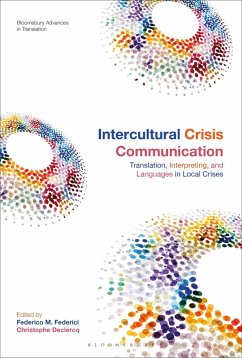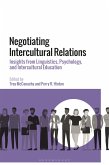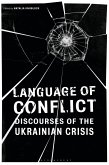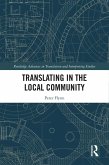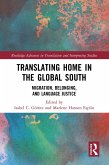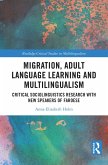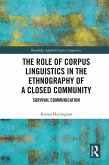Intercultural Crisis Communication poses pertinent questions and provides powerful responses to crises that have characterised the modern world since 2010. Language mediation in situations of disaster, emergency and conflict is an under-developed area of scholarship in Translation Studies. This book responds to a clear need for research drawn from practical experiences in the field and explores the crucial role of translation, interpretation and mediation in contexts of crises.
Particular consideration is given to situations where rare or minority languages represent a substantial obstacle to humanitarian operations. Contemporary case studies from the USA, Africa, Europe, and Armenia provide major examples of crisis communication that call for more efficient language mediation. Such examples include Syrian displacement, the refugee crisis in Croatia and Italy, international terrorism and national public administration, interpreting in conflict and for Médecins sans Frontières, as well as the integration of refugee doctors for employment in the UK.
With contributions from experts in the field, this volume is of international relevance and provides a multifaceted overview of intercultural communication issues and remedies during crises.
Particular consideration is given to situations where rare or minority languages represent a substantial obstacle to humanitarian operations. Contemporary case studies from the USA, Africa, Europe, and Armenia provide major examples of crisis communication that call for more efficient language mediation. Such examples include Syrian displacement, the refugee crisis in Croatia and Italy, international terrorism and national public administration, interpreting in conflict and for Médecins sans Frontières, as well as the integration of refugee doctors for employment in the UK.
With contributions from experts in the field, this volume is of international relevance and provides a multifaceted overview of intercultural communication issues and remedies during crises.

